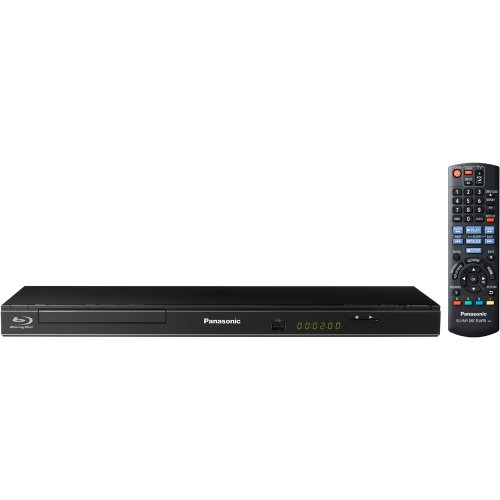To understand what the title of this article means, ie On The Recorder, Which Letter Is Each Hole, then you need to firstly know what a recorder is, what is a letter and what fingering is. Then one can put them altogether.
The recorder is a musical instrument made of wood or plastic It is basically a hollow tube in two or three sections with a mouth piece at one end, an opening at the other end and holes. They come in different sizes ranging from small, high sounding ones to larger, lower sounding ones. Each recorder is either in the key of C or key of F, which means that the letters for each hole will be different between the two keys. For example the lowest note for recorders in the key of C is C and the lowest note for recorders in F is F. Both are fingered the same.
"Letter" refers to the letters of the alphabet used in music to name notes and is called the musical alphabet. The musical alphabet consists of the first seven letters of the alphabet, A B C D E F G. There are other note names related to each of these seven letters. They are sharp notes( # ) and flat notes ( b ). Each musical alphabet letter has a sharp and flat note associated with it ie A# B# C# D# E# F# G# Ab Bb Cb Db Eb Fb Gb. Sharp notes raise a note by a semitone and a flat note lowers a note by a semitone. If you can visualise a piano with the white and black keys, then a semitone is the closest key to the right or left of the letter; it is the closest interval of sound. Please be aware that there are sharp notes that sound the same as flat notes eg an A# sound is the same as a Bb sound.
A complete range of notes in an octave could go like the following two examples.
Ab A Bb B C Db D Eb E F Gb G or
G# A A# B C C# D D# E F F# G
* * * * * * = same note
The musical alphabet repeats itself over and over again to the range of the musical instrument. The recorder family have a range of around two octaves. It can vary depending on recorder type.
A recorder player produces a sound by blowing through the mouthpiece to create a vibration of air down the recorder and a variation in pitch by pressing finger tips or pads down on the holes in varying configurations called fingering. When a musician wants to play a note or "letter" then there is a fingering for that note. And so the recorder will have over two octaves of fingerings to represent each note name.
So what is the fingering on the recorder? ie which letter is each hole?
When you play any wind instrument the left hand goes at the top.
A recorder has a thumb hole underneath and 5 single holes plus 2 double holes on top. The holes will be called the following:
Th = left hand thumb 1 2 3 ( for left hand 2nd 3rd 4th fingers ) 4 5 ( single holes for right hand 2nd 3rd fingers ) 6 7 (double holes for right hand 4th 5th fingers )
Lets start with the recorders in the key of C.
B: Th 1
A: Th 1 2
G: Th 1 2 3
E: Th 1 2 3 4 5
C2: Th 2
D2: 2
D1: Th 1 2 3 4 5 6
F#: Th 1 2 3 5 6
C1: Th 1 2 3 4 5 6 7 ie all holes covered for a lowest sound on the instrument.
These are the usual notes people start learning with B A G and a variety of BAG pieces and exercises to help the process of remembering the fingering and reading the notes on sheet music. To produce second octave sounds the left hand thumb covers half a hole. Recorders in the key of F have F1 as the lowest note, with all holes covered; equivalent to C1. So basically fingerings are the same for each key but the note name changes.
C D E F G A B first octave in key of C
F G A Bb C D E first octave in key of F
As the learning process continues then more notes/letters and fingerings are learnt. A finger chart is available in tutor books as well as separate fingerings on pages throughout in the step by step learning process. To help you remember fingerings you need to play play play with guidance of a teacher, tutor book or both.
With knowledge of what a recorder, letter and fingering is plus examples of what notes and fingerings a beginner meets you are on your way to playing great tunes. The query of what letter for each hole is beginning to get answered.
 | Price : Too low to display
| Price : Too low to display










